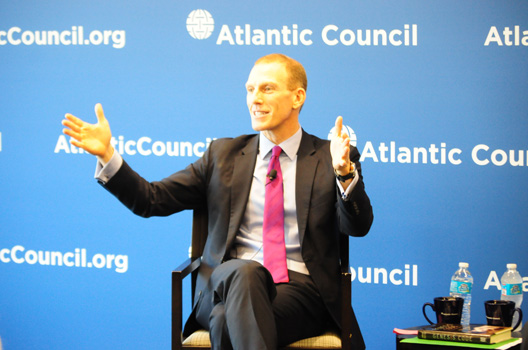 The genome is only getting cheaper to map and we will soon be able to store our genetic data in an easily accessible cloud making personalized medicine a near term reality. In addition, we will be able to mark specific traits we want in our children and discourage the spread of hereditary diseases. This is just the beginning of how genetics research will change individuals and our natural environment. Advances in biotechnology and, in particular, genetics and genomics are changing the fundamental definition of “human” as we know it. But as we change what it means to be human, we also affect the policies and practices we have upheld for centuries.
The genome is only getting cheaper to map and we will soon be able to store our genetic data in an easily accessible cloud making personalized medicine a near term reality. In addition, we will be able to mark specific traits we want in our children and discourage the spread of hereditary diseases. This is just the beginning of how genetics research will change individuals and our natural environment. Advances in biotechnology and, in particular, genetics and genomics are changing the fundamental definition of “human” as we know it. But as we change what it means to be human, we also affect the policies and practices we have upheld for centuries.
How will access to genetic technology change the way people treat each other? Will we see a rise in inequality due to the treatments and traits some people can afford over others? Since different societies around the world have different attitudes to genetic enhancements, will immigration policies and border flows be effected? Exploring these issues and more, Dr. Jaime Metzl, nonresident senior fellow for technology and national security at the Brent Scowcroft Center for International Security, joined the Council for a detailed discussion on Friday, November 7.
For the first time in history, we are on the verge of disrupting our evolutionary process and we must proceed with caution. We risk sensationalizing and skewing the benefits and challenges of advances made in genetic research if we don’t set up regulatory structures and, at the very least, start the conversation, today, on what our future entails.
